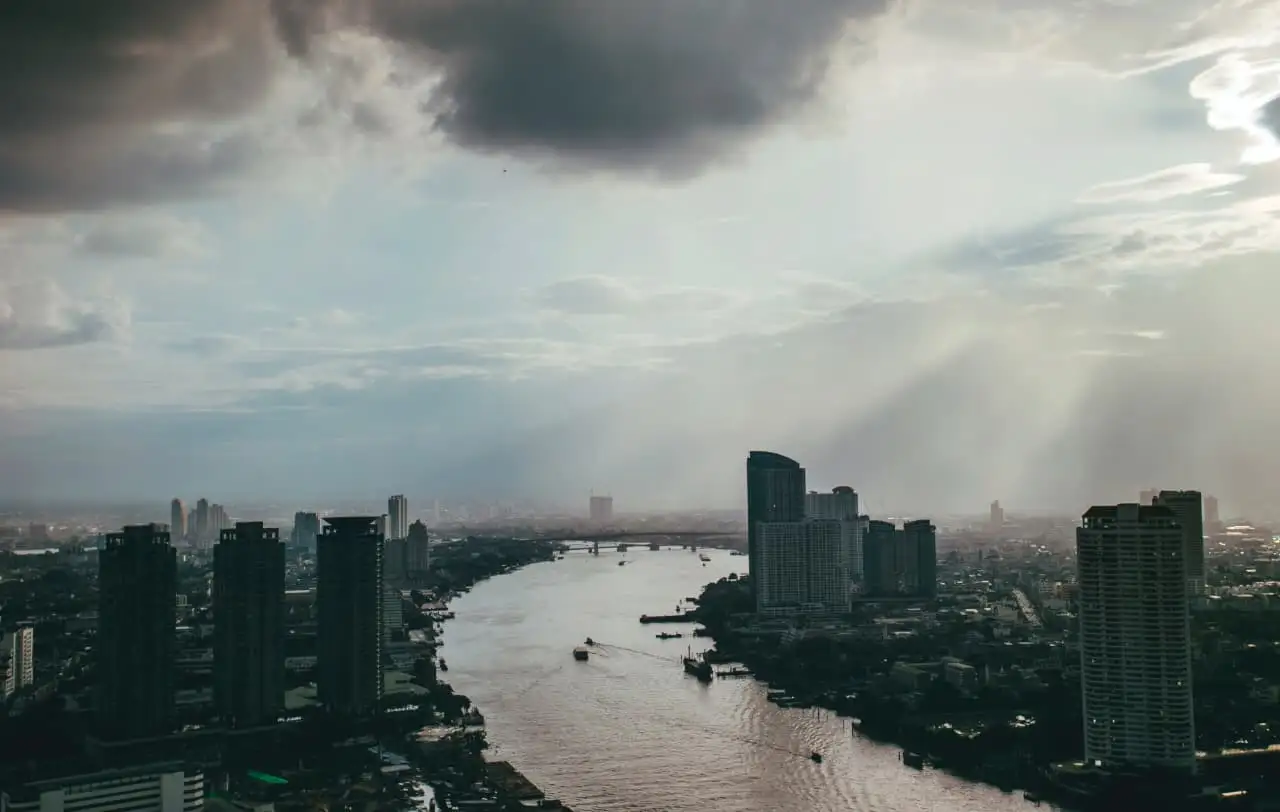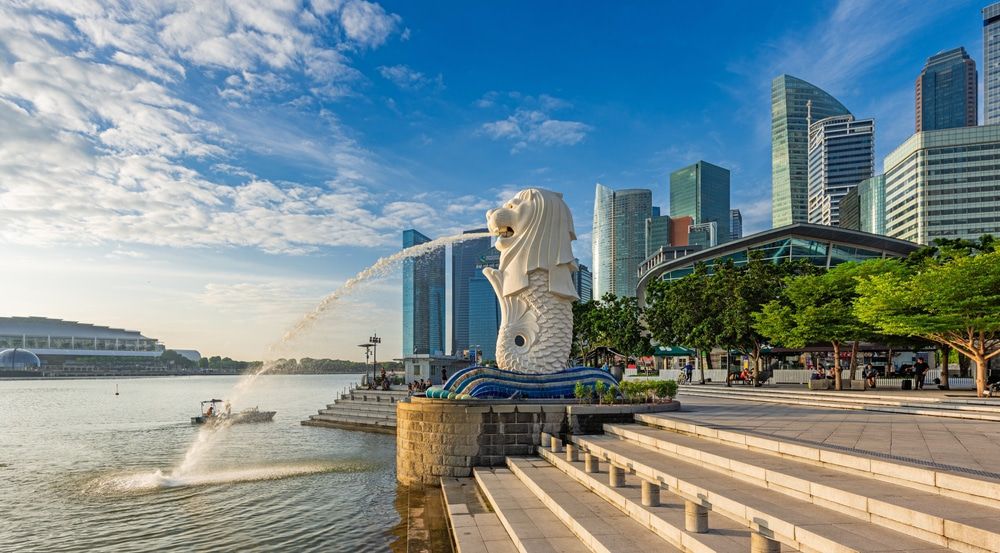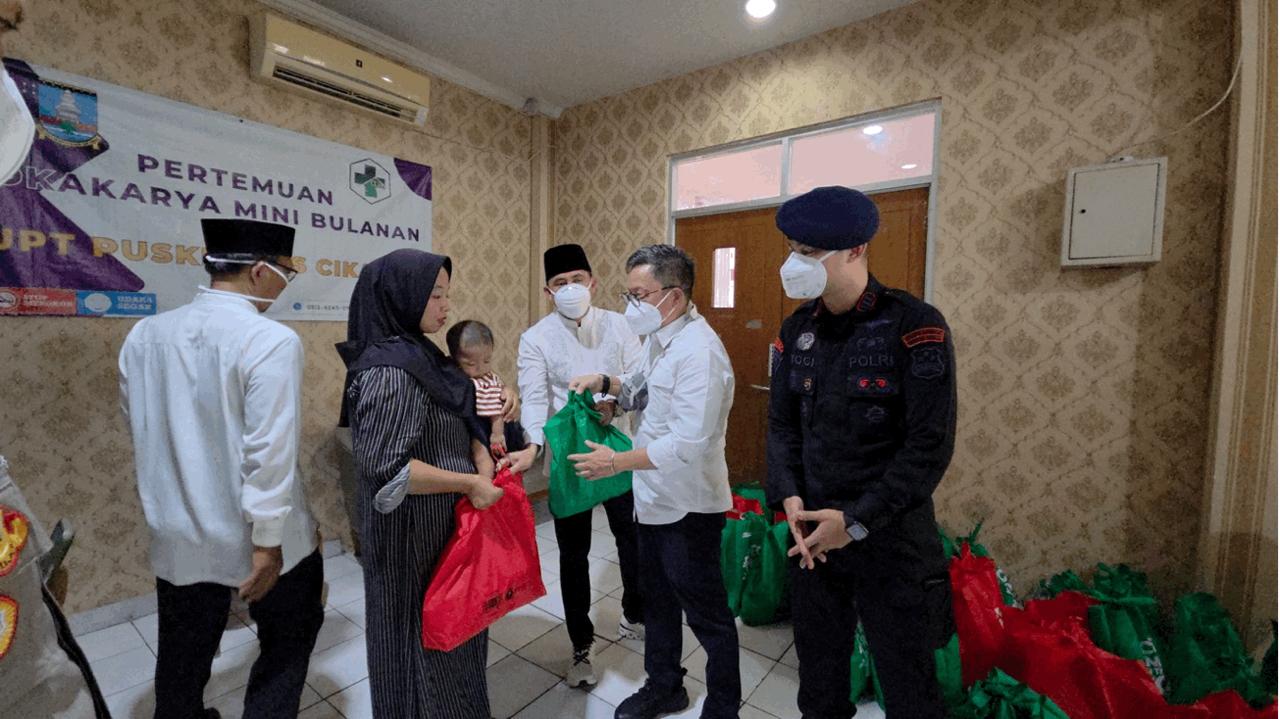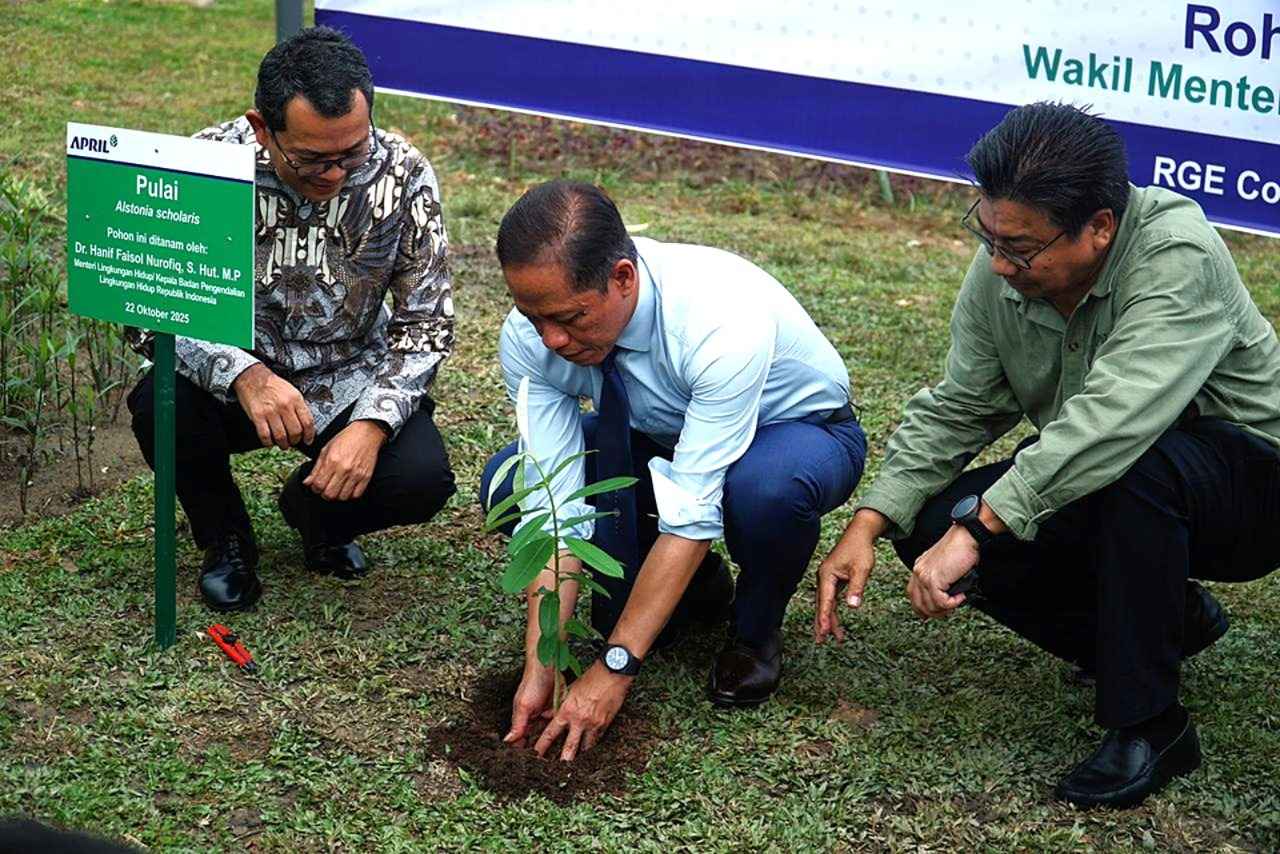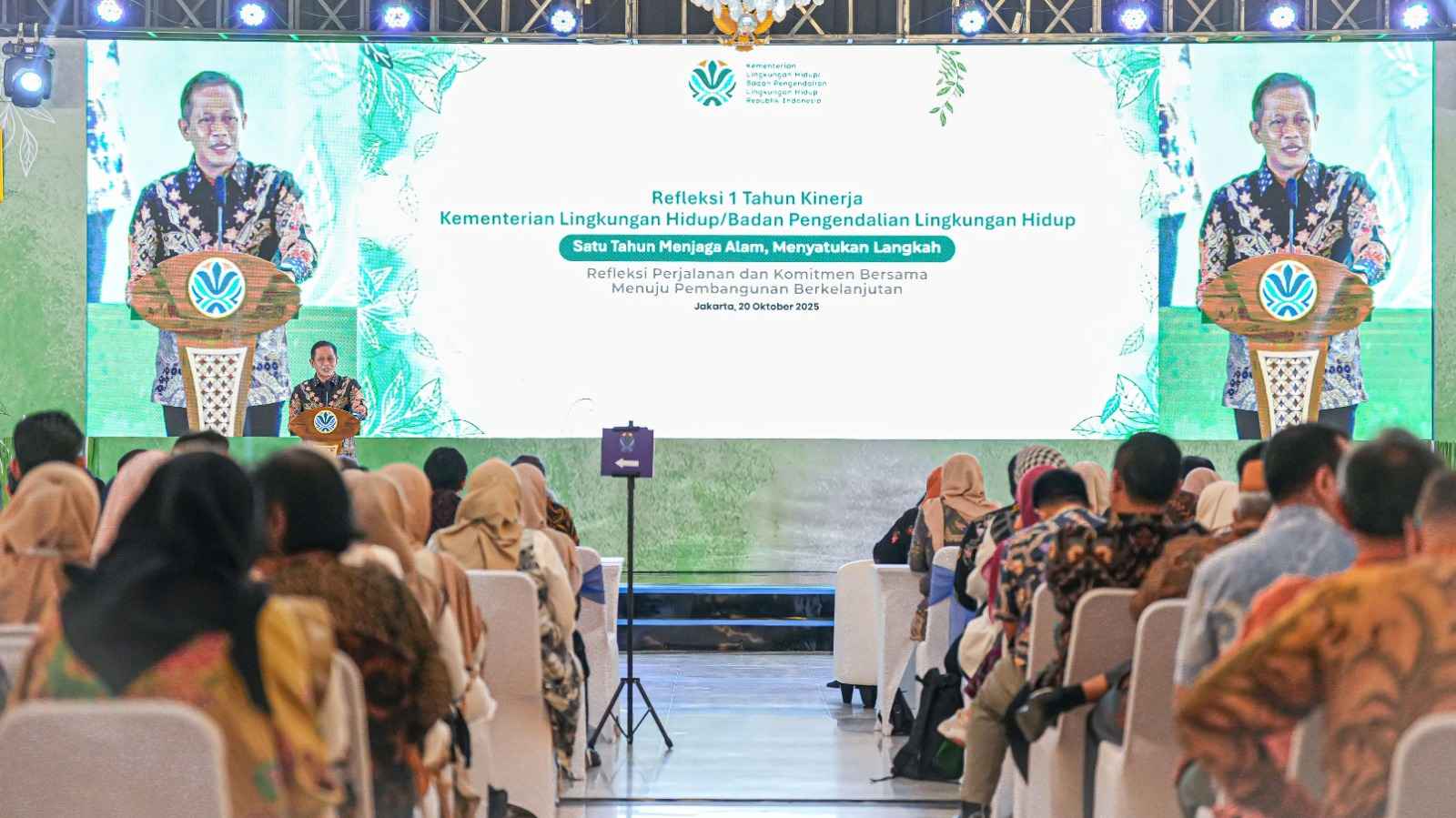Enviro News Asia, Jakarta – The Ministry of Environment and Forestry reaffirmed Indonesia’s leadership in global climate diplomacy.
In a bilateral meeting with the Secretariat of the United Nations Framework Convention on Climate Change (UNFCCC) in Jakarta, Minister of Environment and Forestry Hanif Faisol Nurofiq emphasized Indonesia’s readiness to launch the third iteration of its Second Nationally Determined Contribution (NDC 3.0) as a key strategic document ahead of the COP30 Climate Change Conference in Belém, Brazil, in November 2025.
This high-level meeting was led directly by Minister Hanif Faisol Nurofiq and attended by UNFCCC Executive Secretary Simon Stiell, senior UNFCCC officials, and UN representatives in Indonesia.
“NDC 3.0, using a 2019 reference year of 1,147,453,000 tons CO₂e, sets an emission reduction target of 440,267,000 tons CO₂e by 2030 and 525,410,000 tons CO₂e by 2035.
The preparation of this document is carried out inclusively, involving a wide range of stakeholders and fully integrated into the national development agenda,” explained Minister Hanif in his official statement.
Indonesia underscored the importance of continued UNFCCC support, especially in policy implementation, capacity building, and carbon market arrangements—including the utilization of Article 6 of the Paris Agreement.
This support is expected to accelerate the transition to a green economy, expand access to climate finance, and create sustainable employment opportunities.
Simon Stiell responded by stressing that Indonesia must continue to enhance its climate ambition, noting the country’s high reliance on fossil fuels, which still make up 75% of its national energy mix.
The transition to clean energy is not only ecologically essential but also represents a significant economic opportunity.
Stiell highlighted that global investment in clean energy reached USD 2 trillion last year.
With optimal utilization, Indonesia has the potential to secure up to USD 600 billion in returns, create 14 million green jobs, and strengthen its national economic competitiveness.
He described NDC 3.0 as a strong signal that Indonesia is ready to lead the global energy transition, in line with its economic growth target of 8% per year.
Minister Hanif emphasized that Indonesia’s climate commitment must be realistic, taking into account its status as a developing country.
The transition toward a green economy requires a gradual approach, substantial resources, and cross-sectoral cooperation.
The Ministry of Environment and Forestry is currently strengthening coordination among ministries and agencies to ensure that NDC 3.0 is ambitious yet balanced between economic development and environmental protection.
The government is also urging the energy and forestry sectors, as the main emission contributors, to enhance their roles in emission reduction.
Strategies include accelerating the phase-out of coal-fired power plants (PLTU), preventing forest and land fires, and strengthening targets under the Forestry and Other Land Use (FOLU) sector.
Simon Stiell reaffirmed that environmental integrity must go hand in hand with financial benefits.
“Developing countries like Indonesia, rich in natural resources, deserve support in building a credible and transparent carbon market system. The role of the G20 is crucial in ensuring a fair and proportionate distribution of climate ambition burdens,” said Stiell.
Minister Hanif stated that NDC 3.0 will serve as a transitional document leading into the 2031–2035 implementation period, while also reflecting Indonesia’s medium-term development direction.
The Ministry is also preparing a post-2030 emission reduction scenario as part of the roadmap toward achieving net-zero emissions by 2060 or sooner.
The transition to a green economy will include the gradual phase-out of coal usage, requiring downstream industrial development and substantial financing.
Therefore, Minister Hanif proposed that the UNFCCC facilitate regional forums to strengthen inter-country dialogue and provide technical guidance on enhancing the voluntary carbon market as part of accelerating the operationalization of Indonesia’s carbon market.
This meeting marks a significant milestone in Indonesia’s climate diplomacy ahead of COP30 and reaffirms the Indonesian Government’s serious commitment to leading global climate action while maintaining its sustainable development and national economic growth agenda. (*)





